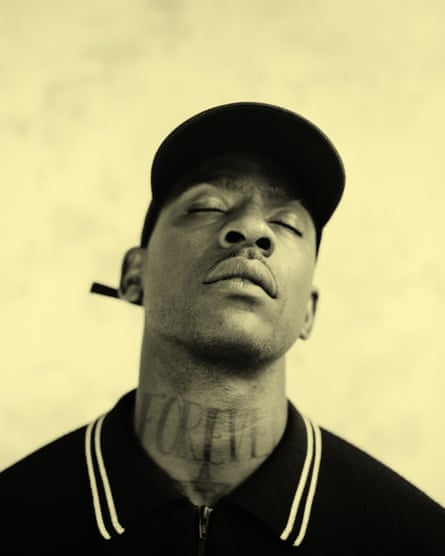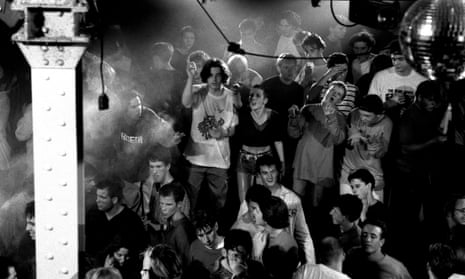Looking back at 1989, Guardian columnist John Harris remembers the spirit of the era: “Everything was changing, in a good way – the fall of the Berlin wall, the end of the Soviet bloc. It felt like a heady, celebratory time.”
At the time, Manchester seemed to be the epicentre of the change. The city was making headlines, local bands were the toast of the music industry, and, as Harris recalls, “the Haçienda really was the greatest night of your life”.
As part of Manchester international festival 2019’s Interdependence line-up, the Guardian is hosting a session exploring the meaning and manifestation of modern revolution, rooted in the unrest and joy of 1989. The 1980s and the times we now live in share a certain turbulence, yet the mood of 1989 offers hope that change can, and will, come. “Fundamentally the 80s was a very divided, painful decade. The era of Thatcherism, the miners’ strike, nuclear paranoia – it was a nervy time. Then right at the decade’s end, the mood turned,” says Harris. “Creativity was a reaction to what happened.”
As the mood turned, so did the music. The clubs were quickly becoming filled with garish, psychedelic patterns and the city began to move to an electronic beat. From A Guy Called Gerald to Happy Mondays, Manchester had a new rhythm, and rave was at its heart.

Rave is a recurring theme across MIF19, with Skepta’s Dystopia987 inspired by Manchester’s acid house-drenched, late-80s rave scene. “A rave is a place to open your mind,” said the Mercury prize-winning artist, speaking at the festival’s launch. “Rave is a place for love … I feel like clubs in general have turned into places for this new individualism where people are just on their phones to have a ‘fake good time’, so we’re taking people’s phones away from them.”
Insta-individualism may have replaced the community spirit, but Skepta hopes his show can rekindle some of the togetherness: “Going to a rave was all about love and being together with people. We’re going to bring people together to make a good, good atmosphere.”
While Dystopia987’s name hints at a grim vision of the future, it’s the light at the end of the tunnel that most interests Skepta. “I’m talking about getting to utopia,” he says. “But we have to destroy to rebuild. We have to go down to make things better.
“I don’t want to say too much about it, but we’ve brought lots of different people together: creative technology experts, writers and a great team to make a world. So, it won’t just be about rave it will be what I believe rave will be for in the future, why people will come to the rave.”
Skepta’s show will infuse the 21st century with the spirit of rave. Similarly, Dave Haslam, an author and former DJ at the Haçienda, is inspired by the lasting impact of that burst of late-80s creativity: “Artistic activity defines the soul of a city in a way blocks of apartments and shiny retail piazzas don’t. I’m proud of the way the Manchester dancefloors drew in people of many different backgrounds. That was part of the spirit of the times – the inclusivity. Many of our clubs and venues are still like that, and that’s very valuable.”
Haslam has programmed a series of events for MIF19’s Festival Square programme. “I’ve booked the DJ Black Madonna, and live music from the likes of the Orielles, LIINES, the Blinders and Witch Fever,” he says. “I was thinking: if I was still at the Haçienda and I wanted to capture the same sense of adventure, who would I book?”
All these events are looking to the past in order to forge a way forward. The positivity of 1989 promised a bright future for Manchester, something that Harris believes came to pass: “It made the city feel like a playground. It felt full of possibility. I think that was retained in the vision of a regenerated Manchester that came true - that period was central.”
The Guardian is a media partner of Manchester international festival.
